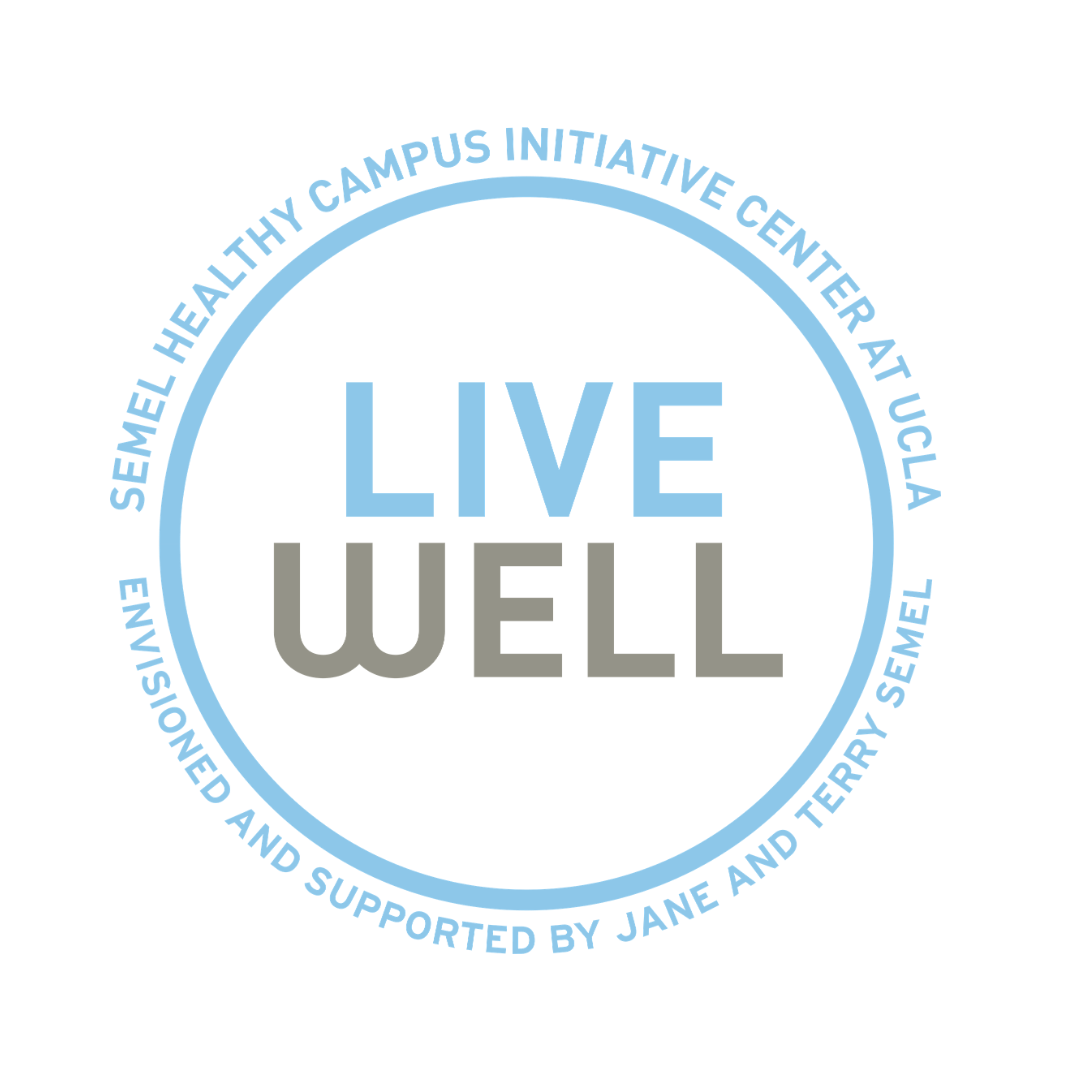Overview
The Healthy Climate Committee (HCC)— aims to better understand how the experience of the recent labor dispute and other challenges such as COVID and gun violence affected Bruins and identify what is needed to move forward together. The committee was formed following the conclusion of the UAW workers strike in December 2022.
Committee membership includes Wendelin Slusser (Semel HCI, Chair), Lubbe Levin (HR, Co-Chair), Anna Spain Bradley (EDI, Co-Chair), Linda Clowers (EDI, Co-Chair), Angela Fentiman (Strat Comm), Ted Robles (Faculty), Catie Imbery (staff and recent graduate student), Natalie Perry (Staff Assembly), Onyebuchi Arah (Grad Division), GSA representative TBD, and Ana Majer (undergraduate student, Student Wellness Committee).
UCLA Newsroom article: Rights and responsibilities related to free expression.
Opportunities
We know we need multiple offerings to meet the needs of our diverse community. To help Bruins heal and rebuild trust, HCC is providing a variety of programs and activities that can be customized to each group or department. You can contact LiveWell@ucla.edu and a member of the HCC will reach out to discuss the best options and how to customize these offerings for your team and colleagues. Some of these offerings are listed below:
Food Grant
Food connects people and is an essential part of most gatherings and meetings. That is why we have secured funding to provide food at events and gatherings intended to help repair relationships and rebuild trust. To apply for the funds, complete a simple application process. The level of support for the gathering depends on the anticipated number of participants.
Teaching Kitchen Gatherings
These gatherings bring groups together in the teaching kitchen to model civil discourse and radical transparency. The activities offered help build empathy and collaboratively identify strengths and how the group can move forward from the strike. A variety of participatory activities can be customized during the session to meet the needs of your team.
Restorative Practice Trainings
We are partnering with leaders from UC San Francisco and Berkeley’s Restorative Justice programs to offer workshops to build skills to engage in difficult conversations. The first workshop was held Thursday, April 27 called “Restorative Practice Training: How to Build Community Through Conversation”?
Objectives:
- Identify three strategies you can bring back to your colleagues and workgroups to help engage in difficult conversations
- Describe the steps for preparing for a difficult conversation: speak to all parties separately before bringing them together; set collective expectations for what the conversation will entail; develop agreements for engaging; produce a plan from the conversation that will ensure accountability.
- Compare & contrast strategies and options for different kinds of difficult conversations
Taking the Pulse Through Focus Groups
Purpose: to be able to periodically conduct focus groups among a cross section of the UCLA student, staff and faculty to inform how to best serve the community and its needs in light of both recent and future unexpected events, and to publish and share with the broader community.
This study will inform opportunities at UCLA to build trust and sense of belonging and to tackle burnout so we can build a harmonious and collegial work/learning environment and greater experience of well-being even in the face of emergent and impactful events such as the pandemic and student strike.
To Address Burnout
- Gratitude Revealed Screening (Directed and produced by TFT alumnus Louie Schwartzberg): opportunity to screen the movie for free for your school or department. If interested please contact: Semel HCI Center.
- Practice mindfulness and experience awe: Louie Schwartzberg Moving Art is now playing on some flat screens on campus; if interested in including it in your building please contact: Semel HCI Center.
- Promote a culture of empathy in the work place through story telling: published two-part podcast with Peter Sellars or listen to other subject material on the LiveWell UCLA Semel HCI pod cast.
- Addressing burnout using evidence-based practices from Total Worker Health Affiliate Centers, such as manager and supervisor training: Emotional Support, Role Modeling: Walk the Talk; Instrumental Support: Scheduling; Creative Management: “cross train.
To Address Basic Needs
Semel HCI is a founding member of the Community Program Office Basic Needs committee and our HCC committee is working to increase opportunities for access and availability to food and how to prepare it for students through the following specific activities:
- Increasing access to CalFresh: working with CPO to facilitate schools and departments have filled out paperwork for students to be exempt from work requirements (this makes grad students eligibility possible). Learn more.
- Engaging multicultural Chefs to teach students through hands on activities in our two campus teaching kitchens, in class work and at the Jane B Semel HCI Community Garden. Learn more.
- Swipes out Hunger: resources here.
- Sharing information through the Semel HCI EatWell pod about access to low or no cost food:
- Nourish LA: food recovery and distribution- delivering 1000 pounds a week of food to University South (last year total: westside food bank 50 tons, food cycle LA 13.2 tons and restaurants and delis: 34.5 tons
- Café 580: student demand is high especially among international students.

